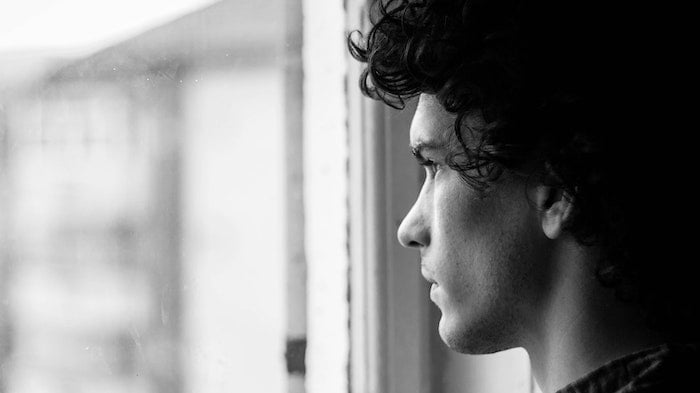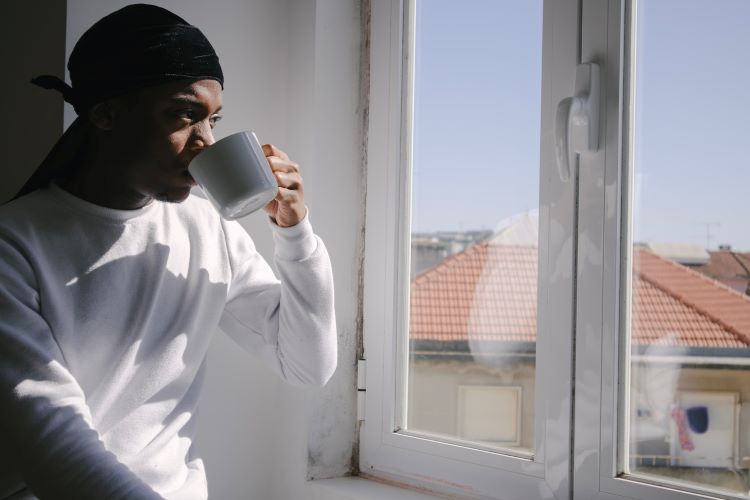Recovery is never easy, but it can be a little easier with OK Rehab.
We are a recovery advocate service created by people living their own lives in recovery, who are now striving to help others do the same. We can help you find suitable and local treatment for your substance or behavioural addiction in the form of outpatient treatment, or via a residential rehab programme in a drug and alcohol rehab in Blaby.
Our warm and welcoming team will guide you throughout your recovery journey with ease; through the speedy admissions process, through your detox, therapy and counselling, and even after you leave rehabilitation.
Begin your enquiry today by calling us on 0800 326 5559, emailing us, or filling out our online form – your new life awaits.
You are not alone

Though oftentimes it can feel like it, you are not alone in this journey to recovery.
Contact us today and you will have guaranteed support and guidance throughout the entirety of your rehabilitation and recovery. We can offer advice and information you need for what lies ahead and are always on hand and ready to answer any questions and queries you may have along the way.
Many of our team have even experienced some form of addiction themselves before, so we know better than anyone how you may be feeling, and how best to assist you during this vulnerable time.
We also strive to make OK Rehab a safe space, where you can feel comfortable and able to discuss yourself and your addiction openly, without fear of judgement. If, at any time, you feel we are not upholding this promise of a safe space, please do not hesitate to let us know how we can improve your experience with us.
The signs and symptoms of an addiction

The first step to healing from a drug or alcohol addiction is realising what you are up against.
Many individuals refuse to believe or strongly deny that addiction is what they are experiencing, leading to risky, and sometimes even deadly, consequences later in life. This can be due to feelings of shame or embarrassment, not wanting to stop using, or a simple lack of knowledge on the various signs and symptoms of a drug or alcohol addiction.
Though some main symptoms of addiction are commonly known, such as cravings for the substance, many are not as widely recognised, meaning some addictions can be misdiagnosed by the affected individual and professional treatment is, as a result, not sought out.
Below is a brief list of some of the commonly ignored signs of an addiction, split by how they tend to appear in a person’s life: Socially, physically, and psychologically.

Social symptoms
- You are avoiding social events in your personal or work life, even though you used to enjoy such events
- You are avoiding responsibilities in your personal or work life, even though you used to be able to perform them with no trouble
- Your substance use has negatively impacted your performance at school or work
- Loved ones have expressed concern over your use of the substance
- You have lashed out at loved ones when they have expressed concern or offered their help
- You have a hidden stash of the substance somewhere in secret
Physical symptoms
- Your physical appearance has changed drastically
- You are struggling to keep a regular sleeping pattern, or struggling to sleep at all
- You experience withdrawal symptoms when you have not used whichever substance you use in a short period (symptoms can include headaches, feeling sick, dizziness, muscle pain, shaking, fatigue, mood swings and cravings for the substance)
- Your tolerance for the substance you use has increased since your first use
- This tolerance continues to increase with each use
- You use the substance almost every day

Psychological symptoms
- All you can think about is the substance you use, and when you will next be able to use it
- You struggle to think of much else besides this
- You are experiencing heightened symptoms of an existing mental health disorder (referred to as a dual diagnosis, mental health disorders that can be aggravated by substance use – and vice-versa – include Post-Traumatic Stress Disorder (PTSD), Obsessive Compulsive Disorder (OCD), Generalised Anxiety Disorder (GAD), schizophrenia, eating disorders, and depression)
- You turn to the substance you use for escapism, comfort, or as a way to cope with or forget about difficult feelings
- You are more on-edge, angrier and easily agitated than usual
If you are noticing any of these signs within your own life – or the life of a loved one you think may be experiencing an addiction – it is time to get in touch with us here at OK Rehab.
We will be able to discuss which symptoms in the list you are experiencing and can determine, with some more information about yourself, whether or not you are battling a drug or alcohol addiction. It is only at this point that the next steps towards recovery can be taken.
A drug and alcohol detox

As you enter your drug and alcohol rehab in Blaby, you will most likely have to undergo a full drug or alcohol detox.
The purpose of a detox is to allow the body to rid itself of toxins and chemicals left behind by your substance use so that you can begin to heal on a ‘clean slate’. A detox must be done before any other addiction treatment can start.
This whole process takes, on average, around 1-2 weeks to complete. However, this is entirely dependent on you, the severity of your addiction, the substance or multiple substances you have used, and the length of time you have been using.
For clients with less serious addictions, those who use lower-class drugs, and those who may have only been using for a few weeks/months, a detox will usually take less time than it would for those who have been using for years, or those who have used high-class drugs.
It is highly likely that throughout your detox you will experience several withdrawal symptoms. These symptoms are the side effects of your body attempting to adjust to the lack of whichever substance it has become accustomed to.
Withdrawal symptoms tend to range from mild to aggressive and will usually begin to taper off throughout the first week of your detox, though some of the mild symptoms can last up to a year for some clients – this ongoing impact of detox is sometimes referred to as Post-Acute Withdrawal Syndrome (PAWS).
Reach out to us today to beat your addiction. Call us at 0800 326 5559.





